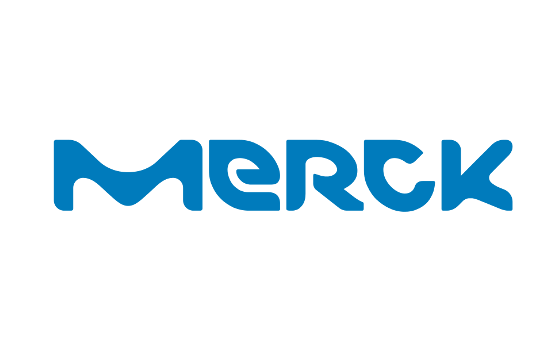 Merck, a leading science and technology company, today announced that it has opened the next round of applications for startup companies to participate in the global Merck Accelerator program. Startups can choose to participate in one of the two programs, either at the company's Innovation Center at global headquarters in Darmstadt or at its China Innovation Hub in Shanghai.
Merck, a leading science and technology company, today announced that it has opened the next round of applications for startup companies to participate in the global Merck Accelerator program. Startups can choose to participate in one of the two programs, either at the company's Innovation Center at global headquarters in Darmstadt or at its China Innovation Hub in Shanghai.
"We generate new business by driving innovation beyond what we are currently doing," said Isabel De Paoli, Chief Strategy Officer at Merck. "Collaborating with startups around the globe via the Merck Accelerator offers the exciting opportunity to create a win-win situation for both the startups and Merck. They gain access to a strong partner with a lot of experience in partnerships that helps them to accelerate their industry-ready business, whereas we obtain fresh stimulus to drive innovation beyond our current activities. Joining forces can create an impact in tackling the challenges of humanity."
The Merck Accelerator with programs in Germany and in China connects startups to innovation projects of Merck and its three business sectors for co-development and sustainable business partnerships. During a three-month period, startups receive financial support of up to € 50,000 and benefit from in-depth coaching from a global network of over 50,000 experts, as well as mentoring from Merck senior management, coaching sessions and visibility by attending inspirational and renowned events in the startup ecosystem.
In Darmstadt, the chosen startups will have access to the modern workspace at the futuristic Merck Innovation Center with prototyping facilities in the Makerspace. In China, startups will have access to the local Merck network and mixed sites such as Guangzhou, Beijing and Shanghai with different business focus and ecosystems.
Besides the core areas of Merck research in Healthcare, Life Science and Performance Materials, the main focus of the Merck Accelerator is to partner with startups in the company's innovation fields:
- Biosensing & Interfaces: technologies to interface between the biological and digital world
- Liquid Biopsy Technologies: solutions to overcome challenges in the liquid biopsy workflow
- Clean Meat: enabling technology required to produce clean meat (specifically for the headquarters program at the Innovation Center)
- AI-enabled health solutions that include AI solutions for diagnosis rate improvement and precision medicine; AI-enabled drug R&D; Digital therapeutics (specifically for the program in China)
"We have a lot of experience in partnering with startups. To make collaboration happen, we ensure startups the right connections within Merck," said Michael Gamber, Head of Merck Innovation Center. "The last intake of the Merck Accelerator at the Innovation Center was incredibly successful and 90% of the startups are either collaborating or in negotiations to partner with us."
For example, iXensor, a startup alumni that recently completed from the Merck Accelerator program at the Innovation Center in April, is one of the startups that reached a collaboration with Merck to gain initial access to the African market. The Taiwanese startup conducted a first successful pilot test at Merck CURAFATM points of care in Kenya and provided its latest technology devices to support an initiative that seeks to improve primary healthcare access for the local underserved population in emerging economies.
So far, 57 startups have already participated in the Merck Accelerator program since the first intake in 2015. Merck is currently looking for up to 12 startups to participate in the program in Darmstadt and up to six startups for its China Innovation Hub.
The Accelerator programs will simultaneously take place from mid-January to April 2020 at the Merck Innovation Center in Darmstadt and at the China Innovation Hub. Right after each program, selected startups will also have the opportunity to extend their stay either in China or in Darmstadt. Applications for both programs are open from now until August 25, 2019.
For more information, please visit:
https://www.merckgroup.com/en/research/innovation-center/accelerator.html
About the Merck Innovation Center
Complementing research and development in the company’s business sectors, the Merck Innovation Center supports the scaling of new businesses beyond the company's current scope. With its initiatives, creative working environment and culture of openness and exchange, the Innovation Center connects employees, startups and companies to create groundbreaking innovations.
About the China Innovation Hub
As part of the Merck global innovation network, the China Innovation Hub scouts, incubates and invests in innovative opportunities in Merck's current businesses and in fields between and beyond these. The China Innovation Hub is committed to partnering with start-ups, academic institutions, industry players and local governments. By combining unique technology and expertise from the Merck Group and collaborators, the aim is to develop novel technologies and bring new solutions to the market for China and the rest of the world. The China Innovation Hub also provides support of ideation, incubation and training to local talent, partners and Merck employees to build win-win collaborations.